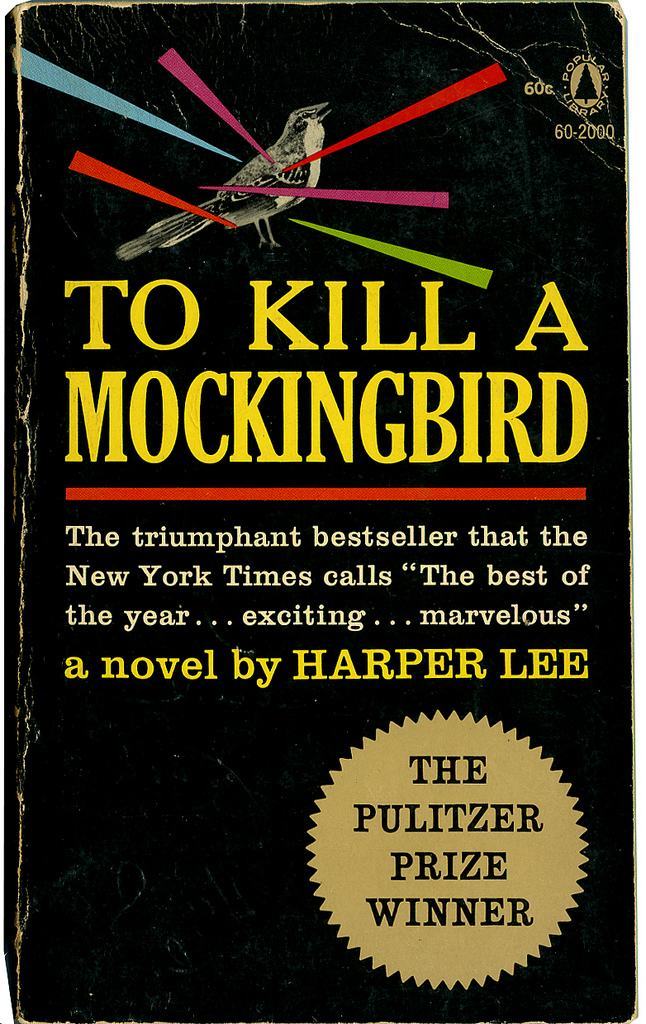Book review: The Canceling of the American Mind
 Cancel culture is a prominent, ugly feature of public discourse today, yet many claim it doesn’t exist. They say there are only “consequences,” which amounts to saying that if you’re subjected to abuse because you said something controversial, what else did you expect?
Cancel culture is a prominent, ugly feature of public discourse today, yet many claim it doesn’t exist. They say there are only “consequences,” which amounts to saying that if you’re subjected to abuse because you said something controversial, what else did you expect?
Gangs of goons shout speakers down and claim that doing so is part of the right of “free speech.” By their logic, DDoS attacks on websites and jamming of radio communications are free speech. They shout “Shame! Shame!” as if anyone besides themselves were acting shamefully. They have only one standard: their authority to command others and demand silence from anyone who doesn’t think as they do.
It wasn’t always this way. Threats and demands for punishment of heretics have always been around, and some periods in American history have been full of open violence against opposing views, but the present levels of hostility are the worst in decades. In The Cnceling of the American Mind, Greg Lukanioff and Rikki Schlott document how frequently people on both the right and the left have come to regard anyone who disagrees as an inherently evil person, an enemy to be brought down.
(more…)



 A major theme of Lord of the Rings is that power corrupts. It’s impossible to miss. The Ring represents the power to subjugate, conquer, and destroy. Sauron made it for that purpose. It has a magical aura that causes people who stay near it for long to want to possess and use it. It controls people more than they control it. Only Sauron can fully control the Ring.
A major theme of Lord of the Rings is that power corrupts. It’s impossible to miss. The Ring represents the power to subjugate, conquer, and destroy. Sauron made it for that purpose. It has a magical aura that causes people who stay near it for long to want to possess and use it. It controls people more than they control it. Only Sauron can fully control the Ring. Alarm and disasters sell in the news media. People want to appear serious by citing problems rather than progress. Organizations looking to raise money or get people involved focus on what needs fixing. Taken together, they can create the impression that only terrible things are happening and they’re getting worse.
Alarm and disasters sell in the news media. People want to appear serious by citing problems rather than progress. Organizations looking to raise money or get people involved focus on what needs fixing. Taken together, they can create the impression that only terrible things are happening and they’re getting worse. The title of this blog post includes the subtitle, because otherwise the book title sounds like a conservative political treatise. Charles Howe’s
The title of this blog post includes the subtitle, because otherwise the book title sounds like a conservative political treatise. Charles Howe’s  Retaking College Hill is a novel of both action and ideas. It deals with a topic which is an excellent source of dramatic conflict but hasn’t been used in literature as much as it should. That topic is the battle for academic freedom, for making universities a place for teaching and controversy without fear of retaliation.
Retaking College Hill is a novel of both action and ideas. It deals with a topic which is an excellent source of dramatic conflict but hasn’t been used in literature as much as it should. That topic is the battle for academic freedom, for making universities a place for teaching and controversy without fear of retaliation.